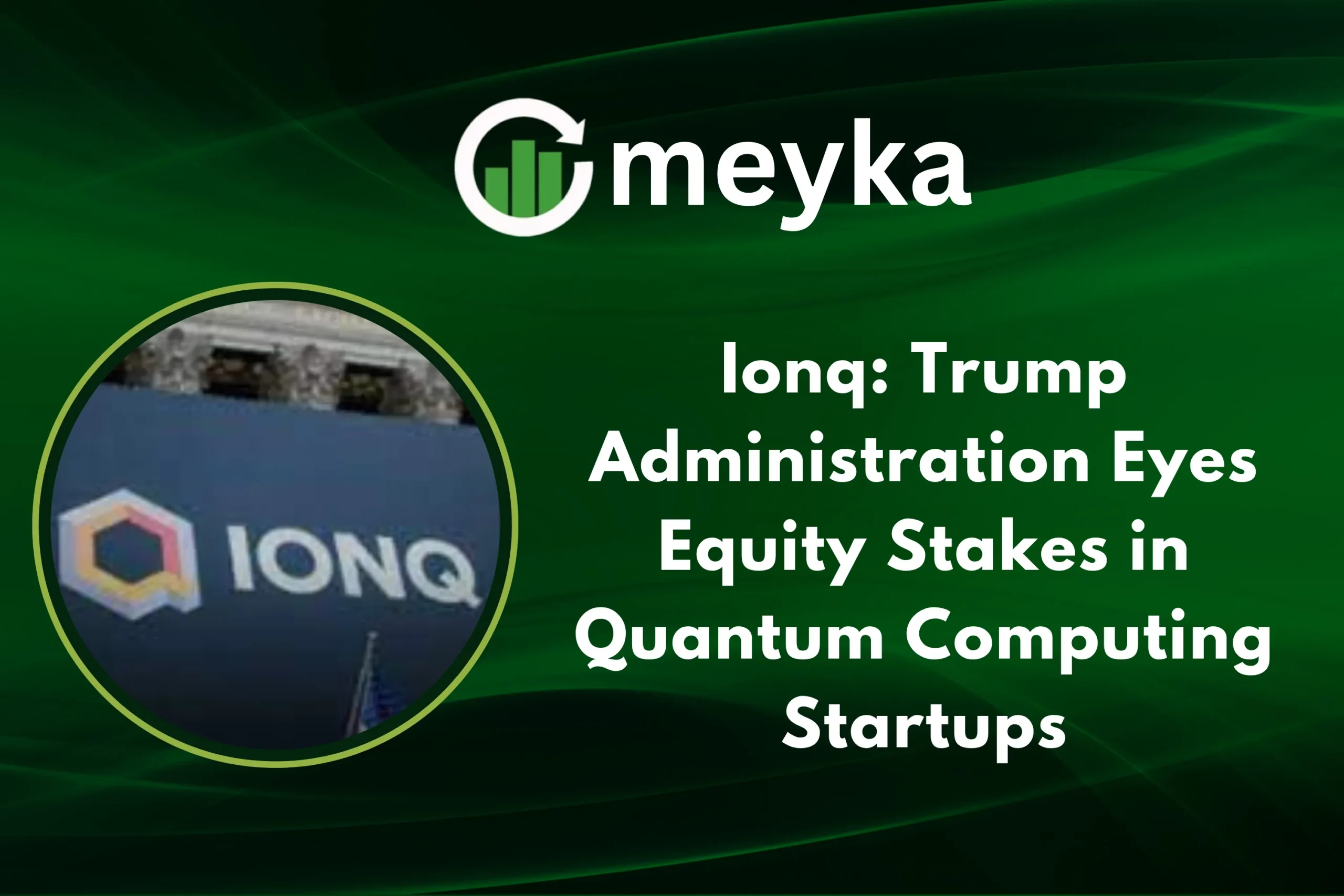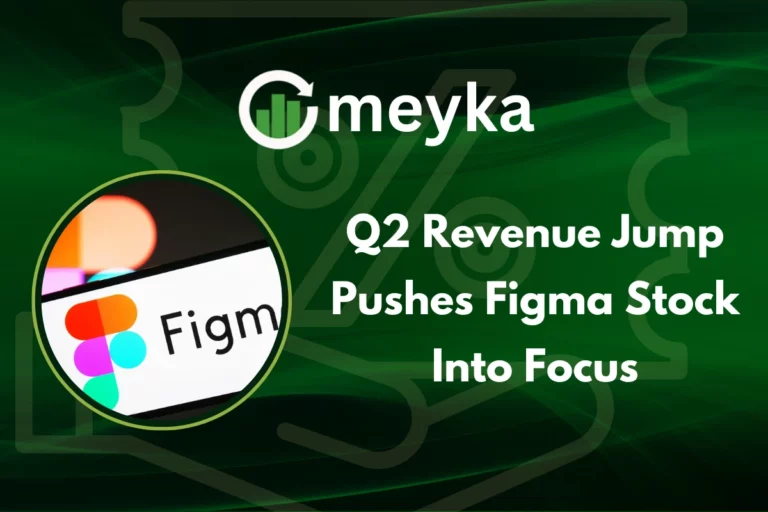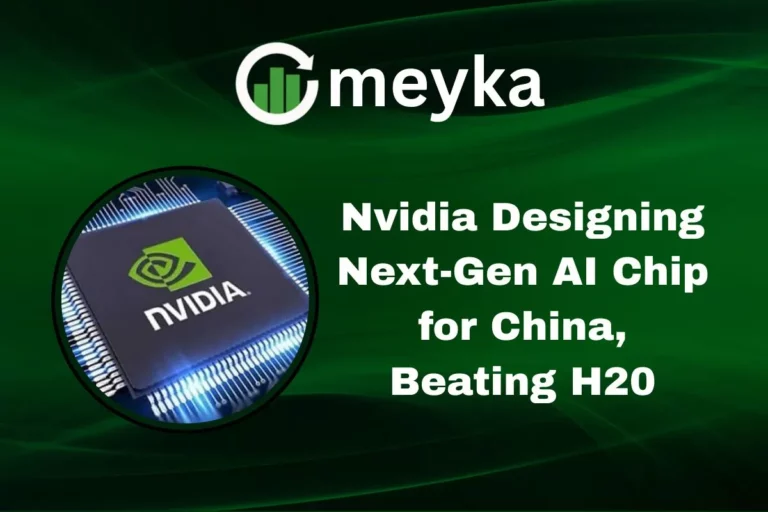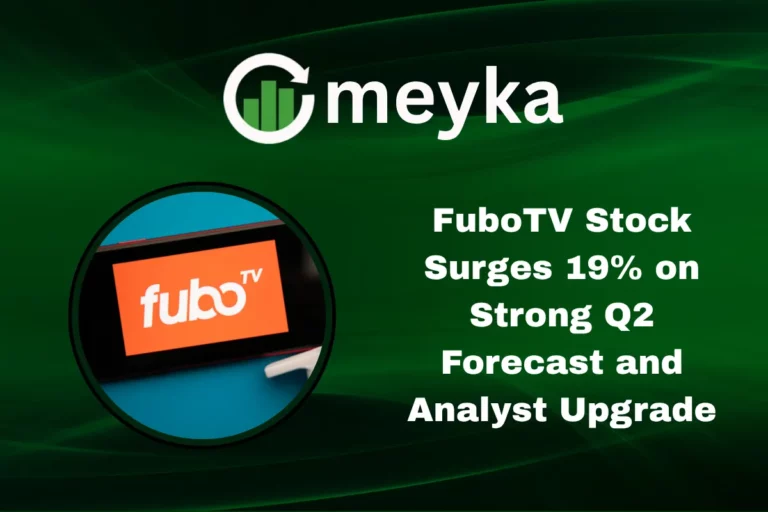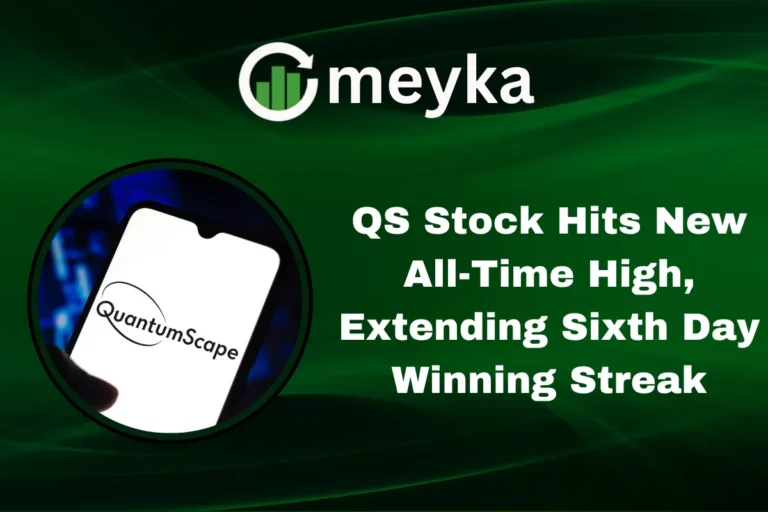Ionq: Trump Administration Eyes Equity Stakes in Quantum Computing Startups
Quantum computing is rapidly moving from a lab concept to a strategic frontier. This week, new reports revealed that the Donald Trump administration is in talks with companies like IONQ about becoming a shareholder in quantum-computing firms.
We’re seeing a shift: the government may no longer just fund tech. It may own a piece of it. For a firm such as IONQ, this could mean a major boost. It also raises bigger questions: how far will the state step into the private sphere? What does this mean for the future of quantum computing in the U.S.? We’ll explore three things: the world around IONQ and quantum computing, why Washington is making this move, and how it may affect IONQ and the broader market.
Background: IONQ and the Quantum-Computing Landscape
IONQ is a publicly traded U.S. company based in College Park, Maryland. It builds general-purpose quantum computers based on trapped-ion technology, where ions are manipulated with lasers to act as quantum bits (qubits).
The quantum-computing sector is emerging fast. Companies like Rigetti Computing or D‑Wave Quantum also compete in different quantum architectures. IONQ stands out with its trapped-ion approach, which offers certain advantages over more common superconducting qubits.
On the policy side, the U.S. has already signaled the importance of quantum tech. For example, the National Quantum Initiative Act was passed in 2018, setting a framework for federal coordination on quantum research.
So: IONQ is in a hot field. Quantum computing is seen as pivotal for future breakthroughs in materials science, pharmaceuticals, logistics, encryption, and national security.
The Reported Deal: Government Equity in IONQ and Peers
According to recent reports, the Trump administration is negotiating with several quantum-computing firms, including IONQ, about the exchange of federal funding for equity stakes. Under the proposed agreement, the U.S. Department of Commerce may receive ownership interests in these companies.
In these talks, companies like IONQ, Rigetti, and D‐Wave are included. The amounts being discussed are, at a minimum, around $10 million per company in funding.
For IONQ, this kind of move would be a major signal: the U.S. government effectively becoming a stakeholder. The terms are still unknown, and companies have declined to comment publicly.
This type of policy has precedent: earlier this y, the government took a ~10 % stake in Intel Corporation by converting grants into equity.
Why Is the Government Doing This?
Strategic Imperative
Quantum computing isn’t just another tech field. It’s strategic. The U.S. sees quantum tech as crucial for competitiveness, national security, and economic growth. Government investment or ownership signals that high-stakes nature.
Risk and Reward Sharing
When the government funds purely through grants, the upside is limited. But when it takes equity, the potential for returns grows, while also aligning public funding with private success. For companies like IONQ, knowing the government may become a partner may reduce some risk and encourage further investment.
Industry Growth and Momentum
IONQ itself is showing strong momentum. It recently raised about $1 billion in a public offering and has large bookings and revenue growth. The government stakeholder discussion thus comes at a time when the sector is gaining ground.
Potential Risks
However, government ownership can raise concerns. What if investor behavior changes? What about governance, flexibility, exit strategies, and commercial freedom? These are open questions. The pace of technology, regulation, exports, and international competition all come into play.
Implications for IONQ and the Market
For IONQ Specifically
If IONQ becomes partly government-owned, it could access new contracts (especially defense and national security), gain credibility, and attract more private investment. For example, IONQ already works with the U.S. Air Force Research Laboratory.
But there’s also a flip side. Government equity may limit strategic options: will IONQ feel constrained in partnerships? Will it need approvals for certain moves? Will it face conflicts between commercial objectives and public policy?
For the Broader Market
The news has already impacted markets. Quantum-computing stocks such as IONQ rose after reports of these deals. Investors are taking notice. The structure of the industry may shift from purely private venture-led to more of a public-private mix.
This move may also set a precedent: if the U.S. government takes equity stakes in emerging tech firms, other sectors may see similar approaches. The balance of innovation, regulation, and ownership could change.
Challenges and Open Questions
There remain many uncertainties:
- What exact stake will the government take in IONQ? Will it have board seats or governance rights?
- How will this impact IONQ’s valuation and future fundraising? Will private investors accept government ownership?
- What will be the exit strategy? Will the government sell? Will lock-in periods apply?
- How will this affect competition, especially internationally? China, Europe, and others are accelerating quantum efforts. Government ownership in the U.S. may raise geopolitical considerations.
- How quickly will quantum technology reach commercial maturity? IONQ is advancing, but years may still remain before large-scale practical applications.
Conclusion
The dialogue between the Trump administration and firms like IONQ signals a major shift in how the U.S. may support cutting-edge tech. We’re not just talking grants and contracts anymore. We’re talking equity, ownership, and partnership.
For IONQ, this could mean faster growth, greater credibility, and more government backing, but also new responsibilities and potential trade-offs. For the broader quantum industry and the U.S. economy, this marks a turning point.
The coming months will show how the terms take shape, how companies adapt, and whether this becomes a blueprint for future tech-policy models. We’re watching a new chapter in the quantum era.
FAQS:
IBM is seen as the leader in quantum computing stocks. It has advanced hardware, strong research, and global partnerships that make it a top player in the field.
Yes, IonQ has a bright future. Its unique trapped-ion technology, growing government interest, and rising demand for quantum solutions make it a strong long-term contender.
IonQ’s biggest investors include Amazon Web Services, Google, and Hyundai Motor Company. These major tech players believe in IonQ’s potential to lead future quantum computing breakthroughs.
Disclaimer:
The content shared by Meyka AI PTY LTD is solely for research and informational purposes. Meyka is not a financial advisory service, and the information provided should not be considered investment or trading advice.
